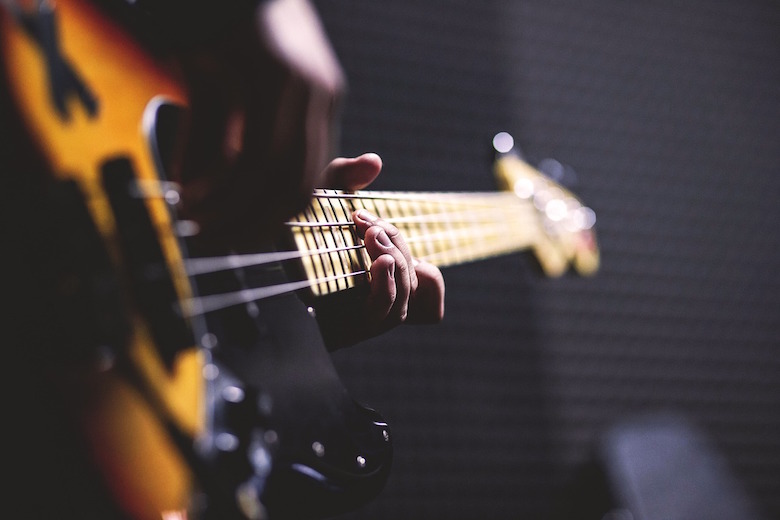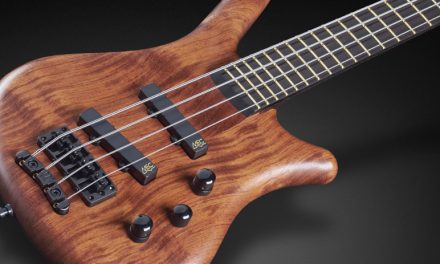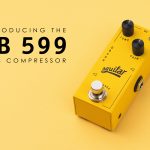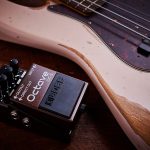How To Get A Great Studio Sound
Recording has changed vastly in recent years. Technology continues to improve, and the days in which we needed to find both time and money for a week in the studio are long gone. Home studios are becoming easier to build, and even some USB microphones can record to a standard that 10 years ago we could never have imagined. In spite of the fact that recording equipment is now more accessible, the bass guitar is still a unique instrument and needs care and attention in order to record successfully. With the below tips in mind, go forth and create.
Things to remember…
- Bass frequencies like to hide in corners, and the acoustic treatments in the room where you’re recording are key. Reverb can be a very tough thing to master, so don’t rely on the room to give you a good sound. You want to record as dry a signal as possible as you can always add effects later. Homemade acoustic treatments can go a long way to giving you a clean and crisp bass tone.
- Use a DI as well as a microphone. It’s good practise to use both a microphone and a DI, which will give you two different recordings to work with. Sometimes a mix of both can work perfectly.
- Use the right microphone. This is so vital, and something people often get wrong. A microphone that’s great for recording vocals might not be the best choice for recording bass guitar. It might not capture the low frequencies that well, which isn’t a problem for most vocal recordings, but when recording bass you need all the low end you can get. Something like an AKG D112 Microphone, originally designed for recording kick drums, would probably do a good job.
- Record until you’re bored. Sometimes the first take does end up being the best, but recording multiple takes will give you more source material for the final mix.
- Get that bass tuned! It sounds basic, and almost patronising to a lot of players, but trust me, there are bassists who still go into recording sessions with a bass that’s out of tune.
So there we have it. There are a lot of stumbling blocks when it comes to recording, but this is the same with every instrument. The bass guitar has its own nuances and characteristics, but if you follow the above guide then you won’t go far wrong. www.subreel.com











